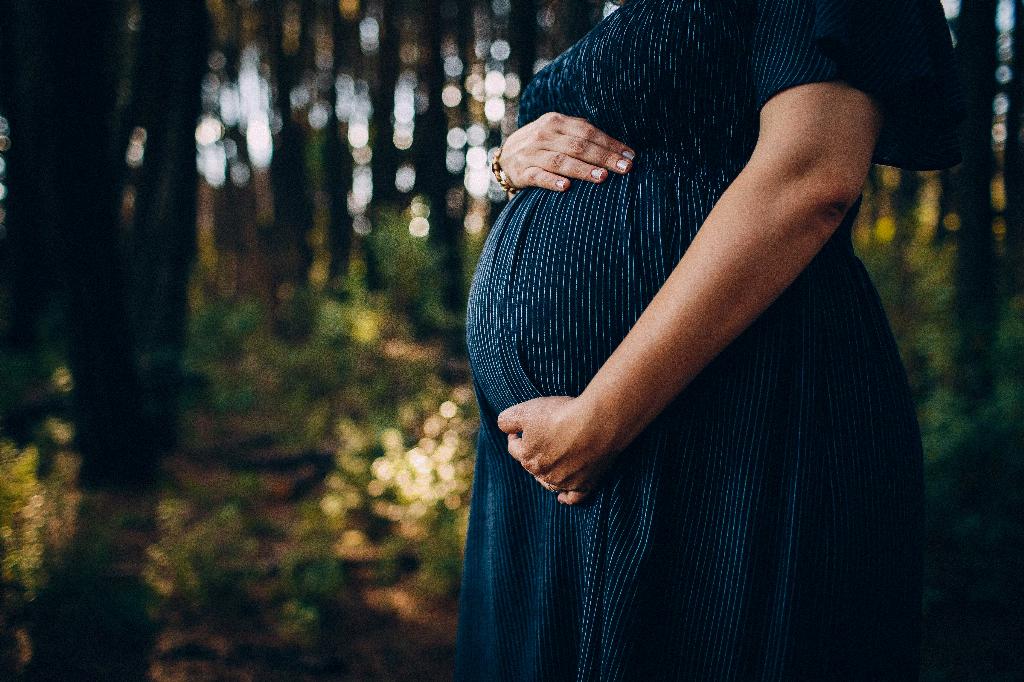During pregnancy, the development and well-being of the growing fetus rely heavily on various hormones passed from the mother to the baby through the placenta. One crucial hormone in this process is thyroid hormone, which plays a vital role in regulating metabolism and overall growth. But how exactly does the transfer of thyroid hormones occur from the mother to the baby?
As the embryo develops in the first trimester, it is entirely dependent on the mother for its supply of thyroid hormones. These essential hormones are transferred from the mother to the fetus through the placental cord, which serves as a crucial link between the two. The placental cord contains deiodinase enzymes that facilitate the conversion of the inactive form of thyroid hormone (T4) into the active form (T3), essential for the proper development of the baby.
It is important to note that the ability of the fetus to produce its own thyroid hormones is limited during the early stages of development. Therefore, the thyroid hormones supplied by the mother play a critical role in supporting the embryo’s growth and development. The transfer of these hormones through the placental cord ensures that the fetus receives an adequate supply of thyroid hormones necessary for its well-being.
As the pregnancy progresses into the second and third trimesters, the fetus’s thyroid gland begins to develop and becomes functional. At this stage, in addition to receiving thyroid hormones from the mother, the baby can also produce its own thyroid hormones. This dual source of thyroid hormones supports the rapidly growing fetus and ensures that its thyroid needs are adequately met for optimal development.
The intricate process of thyroid hormone transfer from mother to baby highlights the interconnected nature of maternal-fetal health during pregnancy. The placental cord serves as a vital conduit for the transfer of essential nutrients and hormones, including thyroid hormones, that are crucial for the proper growth and development of the fetus.
It is worth noting that disruptions in the transfer of thyroid hormones from the mother to the baby can have significant implications for fetal development. Deficiencies in thyroid hormones can lead to adverse outcomes, such as impaired neurological development and growth retardation in the fetus. Therefore, ensuring proper thyroid hormone transfer is essential for supporting the healthy development of the baby.
Overall, the transfer of thyroid hormones from the mother to the baby is a complex and intricate process that plays a crucial role in supporting fetal growth and development during pregnancy. The interplay between maternal thyroid function and fetal thyroid hormone production underscores the importance of maintaining optimal thyroid health for both the mother and the baby.

